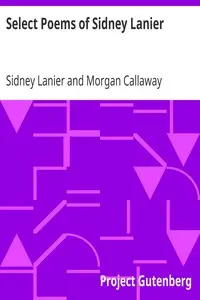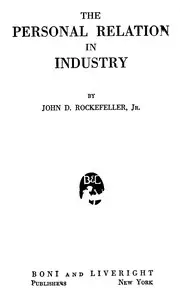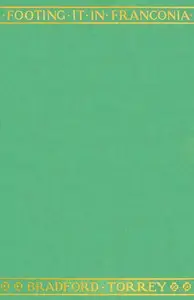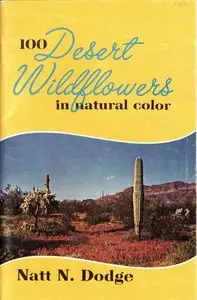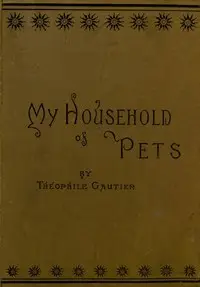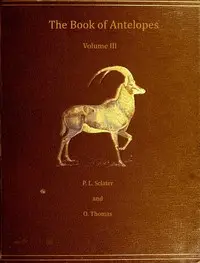"Bob: The Story of Our Mocking-bird" by Sidney Lanier is a heartfelt account written in the late 19th century, reflecting the unique bond between humans and nature, particularly through the lens of a pet mockingbird named Bob. This book blends elements of memoir and natural history, showcasing not only the life of the charming bird but also illustrating the author's poetic sensibility and detailed observations of avian behavior. The narrative centralizes on themes of companionship and the joy of nurturing a creature while grappling with concepts of freedom and captivity. In the book, Bob, the mockingbird, is rescued as a fledgling and becomes a cherished member of the Lanier household. The narrative unfolds through Bob’s development from a vulnerable hatchling into a lively and expressive bird full of personality. Highlighted are his artistic abilities and emotional depth, shown through his songs and interactions with other birds and family members. Lanier compares Bob to literary figures like Sir Philip Sidney and Don Quixote, drawing parallels between the bird's gallantry and the noble qualities displayed by humans. Bob’s life in captivity leads to poignant reflections on freedom, creativity, and the artist's struggle. Ultimately, the book serves as a tribute to the bond between the Laniers and their beloved mockingbird and poses philosophical questions about the value of artistic expression and companionship. (This is an automatically generated summary.)
Bob: The Story of Our Mocking-bird
By Sidney Lanier
"Bob: The Story of Our Mocking-bird" by Sidney Lanier is a heartfelt account written in the late 19th century, reflecting the unique bond between huma...
Sidney Clopton Lanier was an American musician, poet and author. He served in the Confederate States Army as a private, worked on a blockade-running ship for which he was imprisoned, taught, worked at a hotel where he gave musical performances, was a church organist, and worked as a lawyer. As a poet he sometimes used dialects. Many of his poems are written in heightened, but often archaic, American English. He became a flautist and sold poems to publications. He eventually became a professor of literature at Johns Hopkins University in Baltimore, and is known for his adaptation of musical meter to poetry. Many schools, other structures and two lakes are named for him, and he became hailed in the South as the "poet of the Confederacy". A 1972 US postage stamp honored him as an "American poet".

